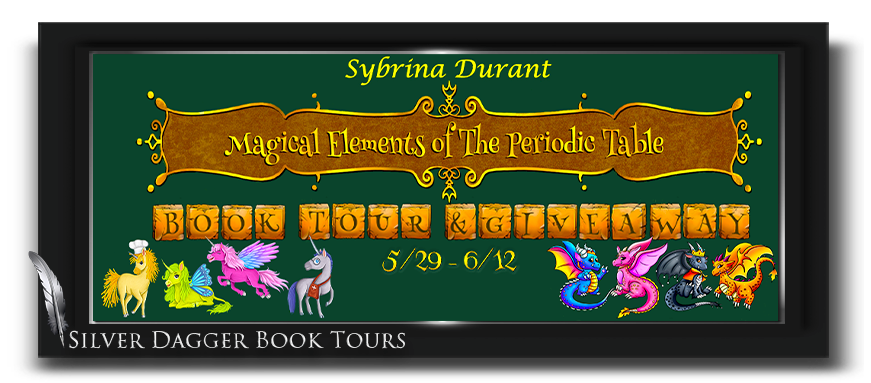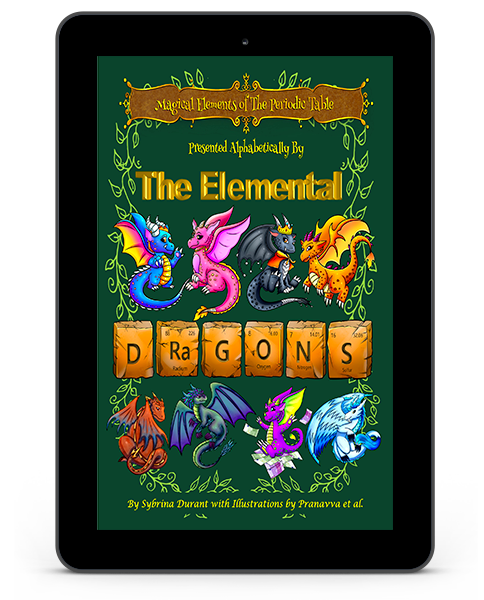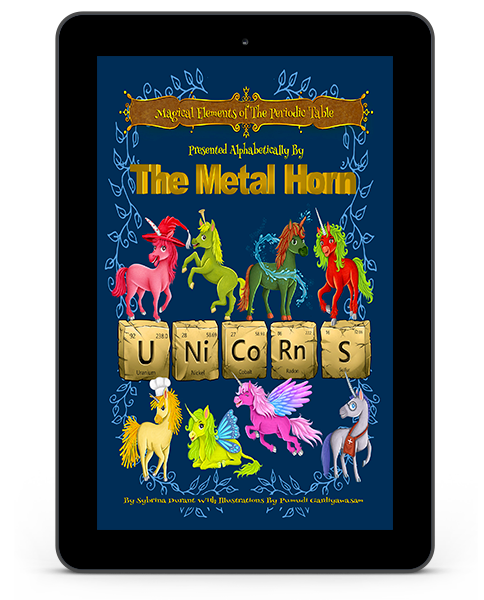“Talmadge Farm is a classic. Through the lives of a farm owner’s family and their sharecropping tenants, Leo Daughtry weaves a story about the emerging South. This is a story of triumph and tragedy, of good and evil, and finally reconciliation. A true morality play.” — Gene Hoots, former tobacco executive and author of Going Down Tobacco Road
Contact: Angelle Barbazon
angelle@booksforward.com
FOR IMMEDIATE RELEASE:
Debut historical fiction novel chronicles change and resilience among the tobacco fields of 1950s North Carolina
RALEIGH, North Carolina – Leo Daughtry's debut novel, "Talmadge Farm," transports readers to the tobacco fields of 1950s North Carolina. "Talmadge Farm" (Story Merchant Books, June 4, 2024) reflects on the dreams and struggles of the American South, made more poignant by the author's personal experiences growing up among the tobacco fields of Sampson County, North Carolina, during periods of turbulent societal change.
It’s 1957, and tobacco is king. Wealthy landowner Gordon Talmadge enjoys the lavish lifestyle he inherited but doesn’t like getting his hands dirty; he leaves that to the two sharecroppers – one white, one Black – who farm his tobacco but have bigger dreams for their own children. While Gordon takes no interest in the lives of his tenant farmers, a brutal attack between his son and the sharecropper children sets off a chain of events that leaves no one unscathed. Over the span of a decade, Gordon struggles to hold on to his family’s legacy as the old order makes way for a New South.
“Talmadge Farm” is a sweeping drama that follows three unforgettable families navigating the changing culture of North Carolina at a pivotal moment in history. A love letter to the American South, the novel is a story of resilience, hope, and family – both lost and found.
“Talmadge Farm”
Leo Daughtry | June 4, 2024 | Story Merchant Books | Historical Fiction/Southern Fiction
Paperback | ISBN 978-1-970157-43-7 | $14.99
Also available as an ebook
About The Author
Leo Daughtry is a life-long resident of North Carolina. He grew up among the tobacco fields of Sampson County which served as inspiration for his debut novel, “Talmadge Farm.” After graduating from Wake Forest University and its School of Law, he established a private law practice in Smithfield, N.C. He was a member of the N.C. House and Senate for 28 years, including serving as House Majority Leader and House Minority Leader. When not practicing law, Leo enjoys spending time in Atlantic Beach with his wife and daughters.
Praise for “Talmadge Farm”
“Set in North Carolina in the 1950s and 60s, Leo Daughtry’s story gives readers a cast of flawed characters that elicit sympathy, anger, love and hate. The Talmadges, landed gentry, and their two sharecropper families try to adjust to the changing political, economic and social landscape of the decade. Gordon Talmadge commits one mistake after another, ultimately destroying the legacy handed to him, as his loyal wife Claire stands by his side while the sharecropper families – one black, one white – are ultimately driven off the farm for better and for worse. A page turner.” — George Kolber, author of Thrown Upon the World, and writer/producer of Miranda’s Victim
“In this stirring novel, Leo Daughtry creates a big, complicated portrait of family, place, race, class, and greed. Set in North Carolina, Talmadge Farm tells the story of three intertwined families. Daughtry delves deep into the heart of his characters. You’ll almost forget that you don’t know them personally; this story feels that real.” — Judy Goldman, author of Child: A Memoir and Together: A Memoir of a Marriage and a Medical Mishap
“Talmadge Farm is a classic. Through the lives of a farm owner’s family and their sharecropping tenants, Leo Daughtry weaves a story about the emerging South. This is a story of triumph and tragedy, of good and evil, and finally reconciliation. A true morality play.” — Gene Hoots, former tobacco executive and author of Going Down Tobacco Road
An Interview with Leo Daughtr
What inspired you to write “Talmadge Farm?”
I lived through changing times, particularly the 1950s when there was nearly complete segregation in the South, especially in rural areas. Sharecropping was common, and women did not divorce in those times because it was considered demeaning, a failure. Then in the 1960s, everything began to change.
Sharecropping disappeared, birth control entered the picture, and women could live life with more freedom and less dependence on men.Can you tell us more about your family history and its connection to North Carolina and tobacco? How did this environment influence your writing? Beyond the direct associations with tobacco and North Carolina, are there more subtle aspects of your upbringing and family history that influenced your writing?
Tobacco was king in North Carolina. People practically worshiped it. Where I grew up, it put food on the table. Cotton was more up and down, but tobacco provided financial stability, not just for farmers but for the whole community. My family grew tobacco, sold fertilizer and seed, and managed a tobacco auction. It was our whole world. You have had a successful career as a lawyer and an Air Force Captain before that. What prompted you to pursue writing fiction?
I always had the idea for this particular story in my head. The 1950s and 1960s were two decades that changed the world, and a farm with sharecroppers is a bit of a pressure cooker environment. You have the farmowner’s family – in many cases people of wealth and entitlement – living just down the driveway from the sharecropping families. The sharecroppers were poor and had limited options, so they felt stuck living on a farm that didn’t belong to them doing backbreaking work with no way out. It’s a situation that lends itself to drama: families with major differences in class/race/socioeconomic status living in such close proximity to one another.How has the landscape of tobacco farming changed, and how did you incorporate those changes into the plot of “Talmadge Farm?”
Probably the biggest change was the shift from sharecropping to migrant workers. Today, tobacco farmers are large corporations that use migrant workers as laborers. But in the 1950s, farming relied almost completely on sharecropping, which was a hard life.
Tobacco farming is physically demanding work, and sharecroppers needed the help of all family members to complete the various steps – planting, seeding, suckering, priming, worming, and cropping – of harvesting the crop. Sharecroppers at one farm would help sharecroppers at the neighboring farm because they did not have the resources to hire extra people. In the 1950s, sharecroppers were unable to get credit anywhere but at the general store and maybe the feed store. They truly lived hand to mouth all the time, only able to pay their debts after the tobacco auction in the fall. Hence the phrase “sold my soul to the company store.” Sharecroppers often turned to moonshining as a way to make extra money.
As I describe in the novel, sharecropping began to disappear in the 1960s as children of sharecroppers started taking advantage of new opportunities that the changing society offered. Migrant workers took over the labor of farming. In addition to labor changes, new machinery improved the industry. N.C. State was instrumental in developing advances in the farming world. Legislation changed and farmers were allowed to have acreage allotments outside of the land they owned. I touch on all of these changes in the novel.
Are any of the characters in your book based on real people?
Not really. The closest characters to real people in my life are the characters of Jake and Bobby Lee. Jake is a Black teenager who wants to escape farm life and ends up running away to Philadelphia to become a success. Bobby Lee is a young Black soldier stationed at Fort Bragg.
On the farm where I grew up, there was a Black sharecropping family with four sons, the youngest of whom was my age. We were very good friends. All of the boys were bright and athletic, could fix anything, yet were limited in their opportunities. They didn’t have a school to go to or a job to look forward to. Their only options were to stay on the farm or join the army. The character of Gordon, while not based on any one person, reminds me of a lot of men I knew who did not treat women well, who were racist, who enjoyed the status quo and were resistant to anything that threatened their way of life.
In addition to the changing tobacco farming methodologies, the 1950s ushered in a period of profound social change, marked notably by the introduction of credit cards. How did these outside factors impact farming, and in what ways did they inform the development of the plot in “Talmadge Farm?”
In the novel, Gordon is the president of the local bank, yet he resists the advances in the banking industry, including credit cards and car loans and the incursion of national banks into rural communities. Gordon’s father, who founded the bank, was a brilliant man adept at navigating the bank through changing times, but Gordon simply doesn’t have the smarts to see what’s coming, and no one can get through to him. He’d rather play a round of golf than look at the balance sheet. So between the changing farming landscape and the evolution of new banking practices,
Gordon is getting squeezed from both sides of the ledger as it were. It proves to be his downfall. I think that’s one of the great strengths of the plot – how everything is tied to everything else. How did other social changes – including race relations – impact the tobacco industry and your writing?
In the 1960s, the minority labor pool available to farm tobacco began to dry up as kids started moving up north or joining the army. We see this in the novel through the characters of Jake and Bobby Lee. Ella is another example. She’s the Black teenage daughter of a sharecropping family, and she hates farm work. She ends up enrolling in a secretarial program and getting a job at the county clerk’s office, opportunities that were unheard of in the 1950s.
The Surgeon General issued a groundbreaking report 60 years ago on the harmful effects of smoking. How did this pivotal moment influence your approach to writing? What firsthand impacts did you observe while coming of age among the tobacco farms of North Carolina?
Most people where I lived didn’t believe the Surgeon General was accurate in that report. Most everyone smoked. People viewed it as the government coming in and trying to tell us what to do. A prevailing theme was that the government was trying to get rid of tobacco but wasn’t doing anything about alcohol. One notable exception I remember is that good athletes in the 1950s were discouraged from smoking, so maybe the coaches were on to something that the rest of us weren’t ready to hear yet.
In the novel, we see Gordon’s constant frustration at what he views as interference from the government, while other characters, mostly ones involved in the medical community, begin to appreciate that smoking was bad for one’s health.
How did you address the plight of women in the novel?
In the 1950s, women were very limited in their opportunities. There were very few professional opportunities for women outside of teaching, nursing, and working as a secretary. Divorce was scandalous and unheard of in those days. We see lots of examples of this in the novel. But of all the characters, it’s two of the women who have the clearest moral compasses: Claire, Gordon’s wife, and Ivy, the Talmadges’ maid. Both of them see more clearly than anyone else where Gordon is going off the deep end, but they are nearly powerless to do anything about it. The novel touches on themes of privilege, racial injustice, and the struggle for autonomy and dignity.
How did you navigate these sensitive topics while crafting the narrative, and what challenges did you encounter along the way?
I lived through this time, and I witnessed first-hand people who enjoyed privilege that was unearned as well as racial injustices that denied Black people access to the same opportunities as white people. And yet most people – white and Black – were simply striving to make a better life in an honorable way. I tried to infuse all of the characters in “Talmadge Farm” with dignity and humanity, even Gordon, who finally gets his comeuppance in the end. The novel is described as a "love letter to the American South."
Can you expand on this sentiment?
As I look back on my childhood, in many ways it was a wonderful time to grow up. It was safe. We never locked our doors. Our whole life existed just in that area; it was a long trip traveling to Raleigh, which was only 60 minutes away. There was a strong sense of community, of church, of taking care of each other.
Ultimately, what do you hope readers will take away from “Talmadge Farm?”
I mainly hope they will be entertained by a great story about three families who called Talmadge Farm home during the tumultuous times of the 1950s-1960s.
What impact do you aspire for the book to have on discussions about history, identity, and resilience in the American South?
We have now moved on from the post-Civil War time and the Jim Crow period to a place where we’re beginning to find our identity as a state and region. In the 1950s, North Carolina was one of the poorest states in the country. Our economy was dependent primarily on tobacco farming but also textiles and furniture making, none of which paid a living wage. Segregation was rampant, and minorities had few opportunities to improve their lot in life. Our university graduates who studied computer science and technology ended up leaving the state to find jobs in those industries. That all began to change in the 1960s with the enforcement of desegregation, the advent of birth control, and changes in farming regulations and methods.
Another major turning point in our state’s economy was when Governor Hodges convinced IBM to move from New York to North Carolina as part of the development of the Research Triangle Park. A large number of technology and pharmaceutical companies followed suit, and there was a ripple effect that extended across the state, even to areas like Hobbsfield, our fictional town in “Talmadge Farm.” My hope is that reading this novel will help people understand how we got to where we are today.
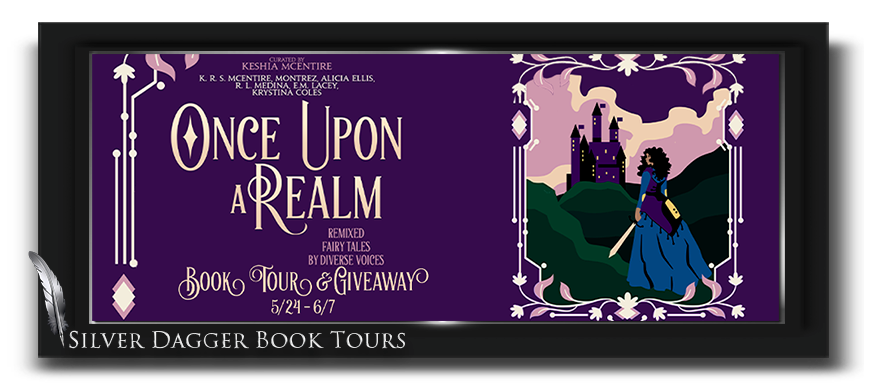
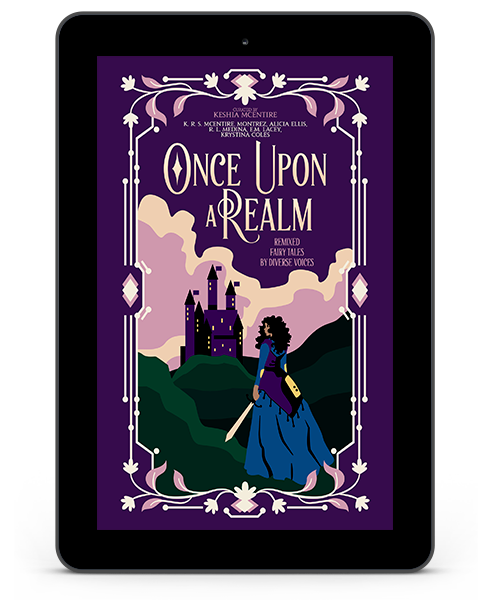




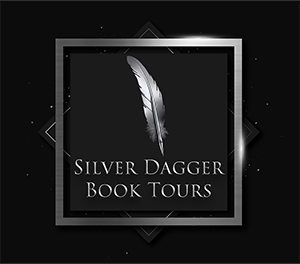


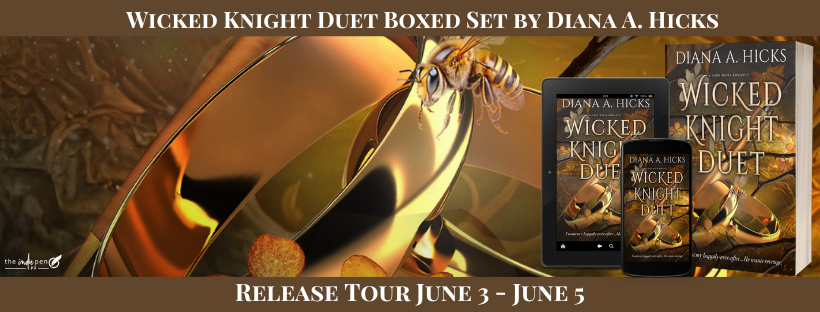
.jpg)


.jpg)
